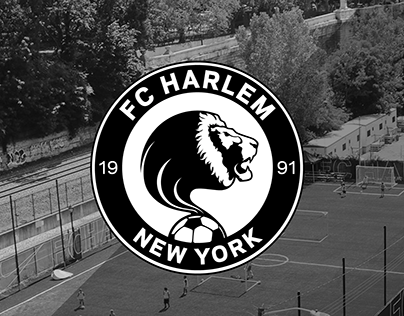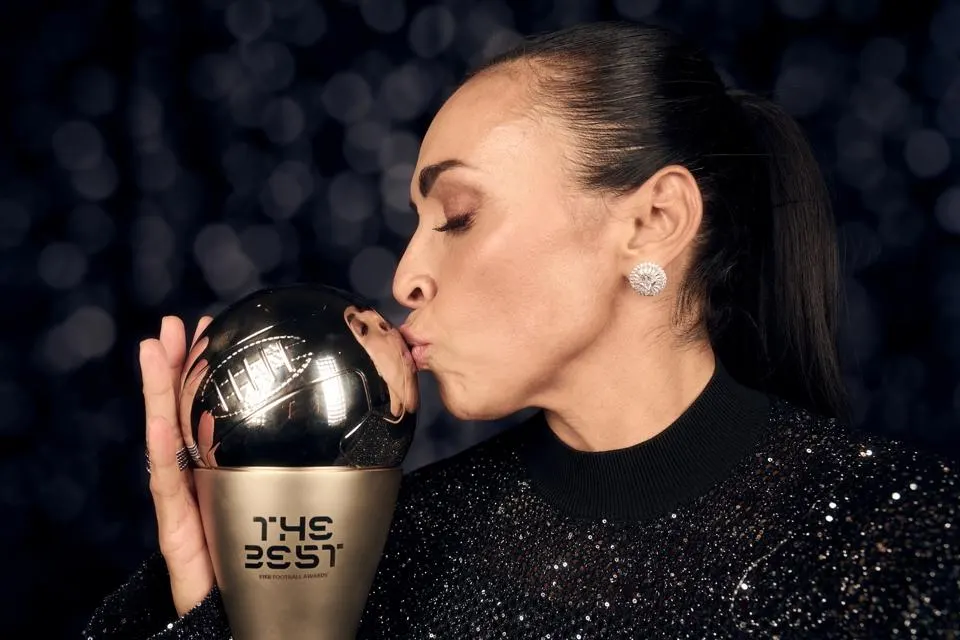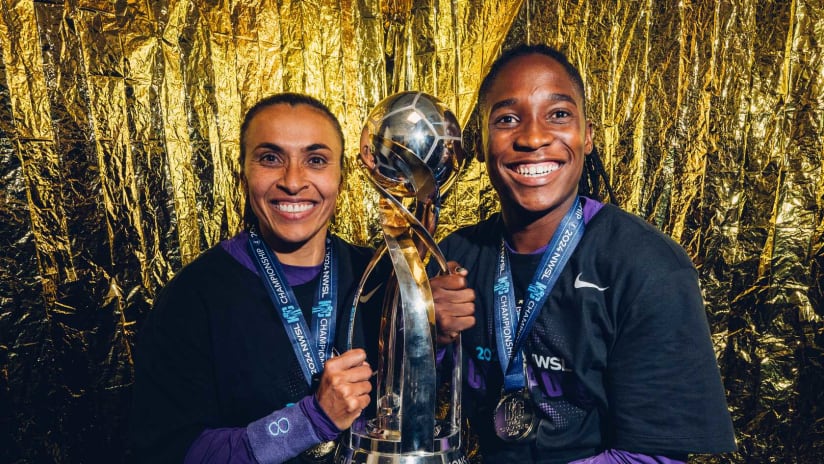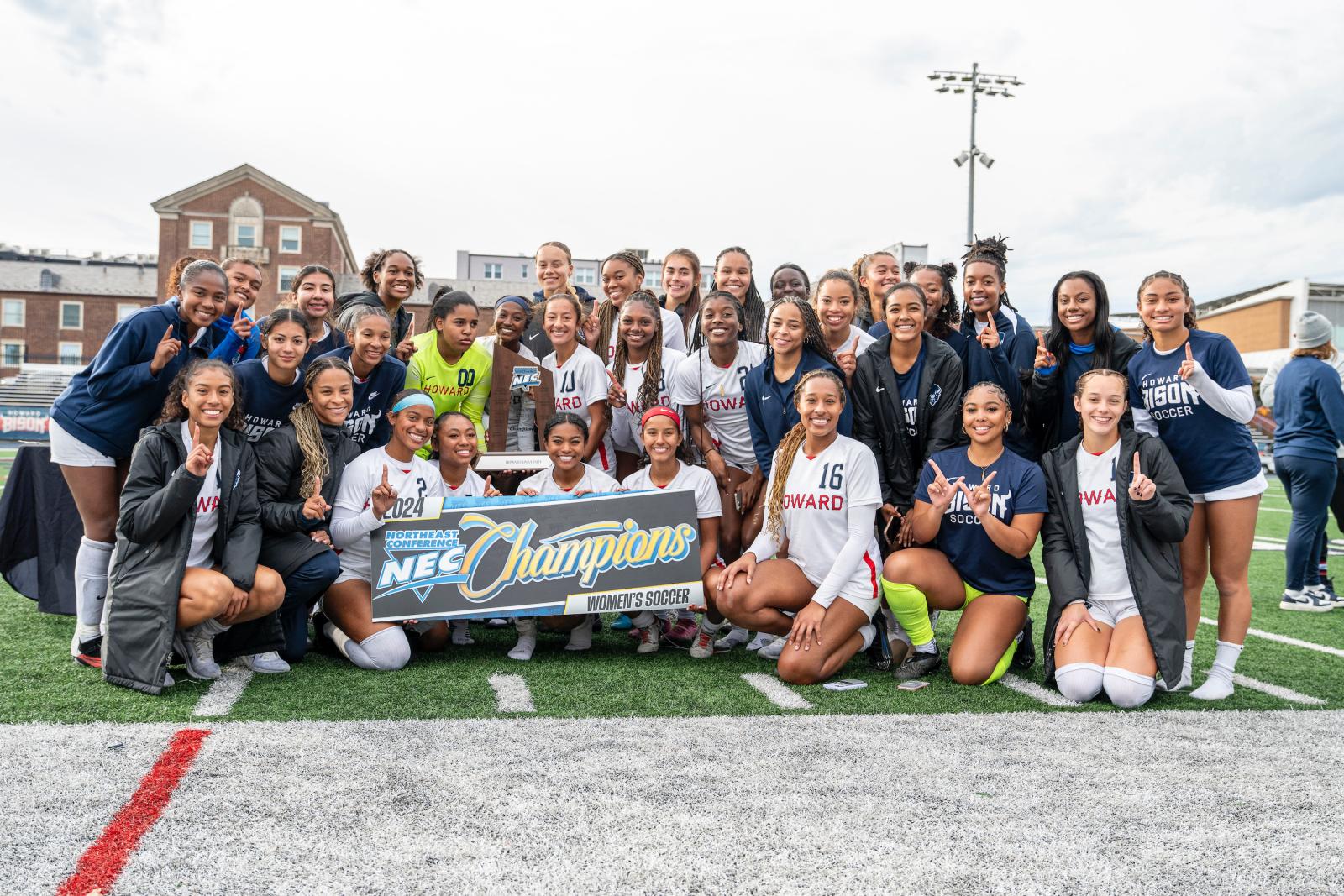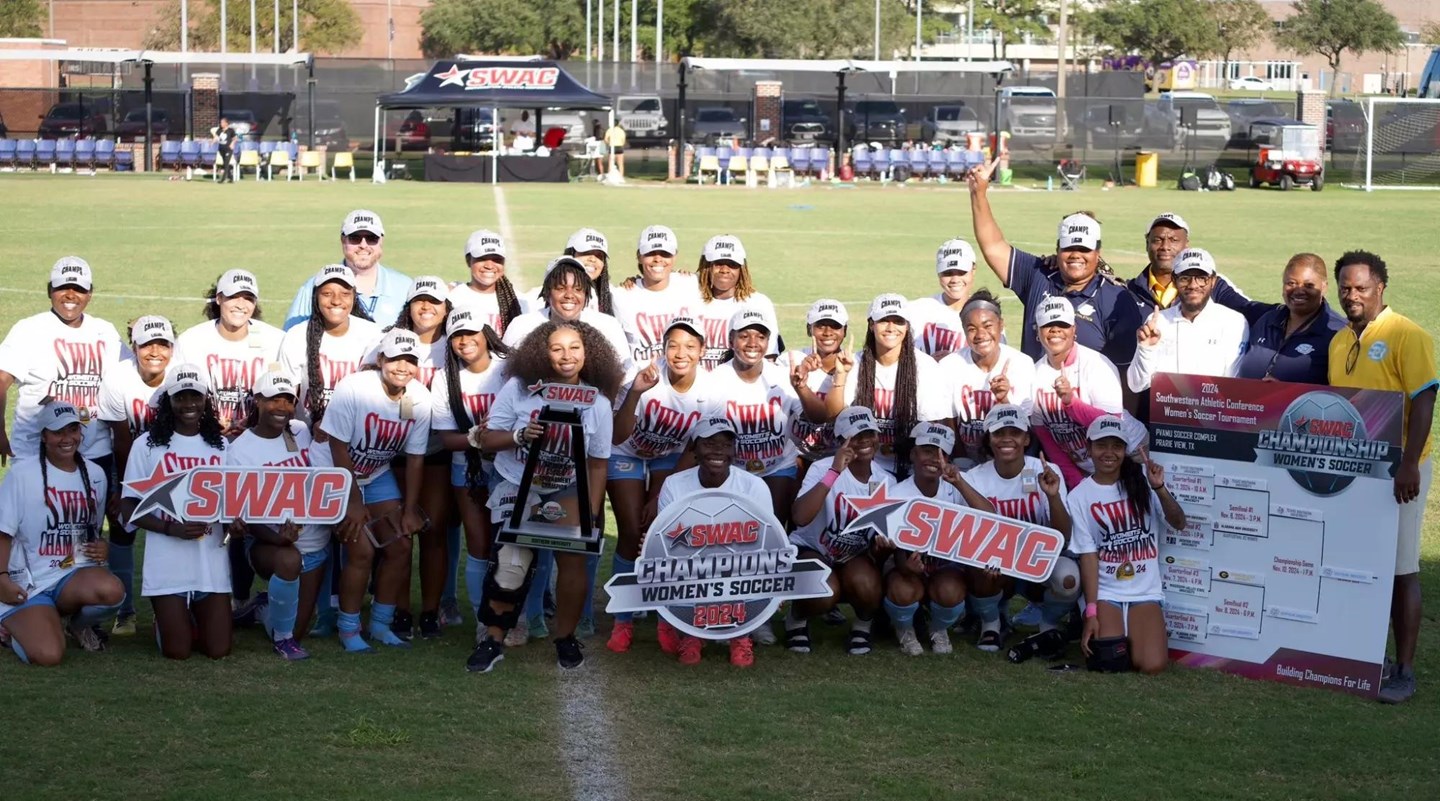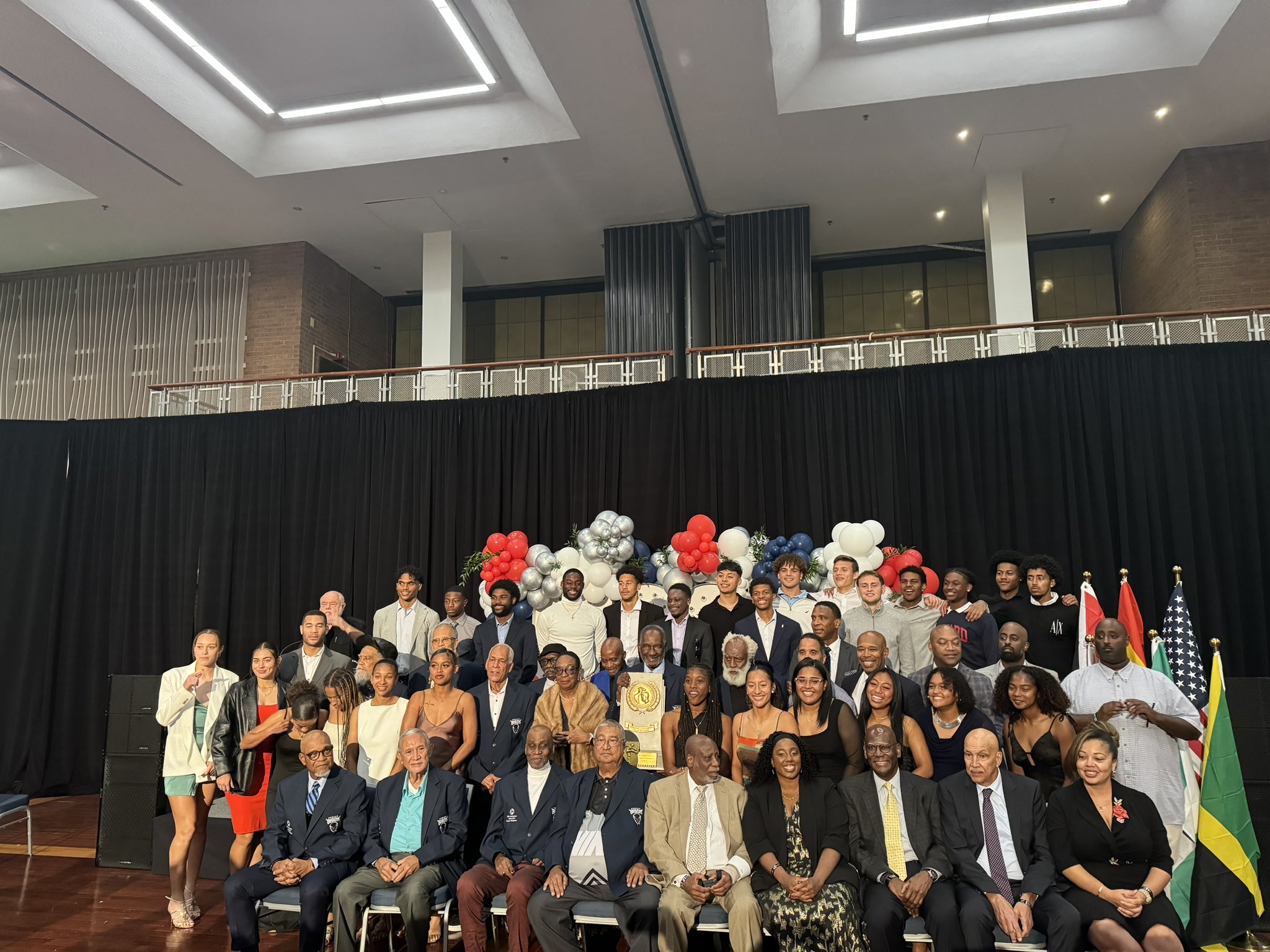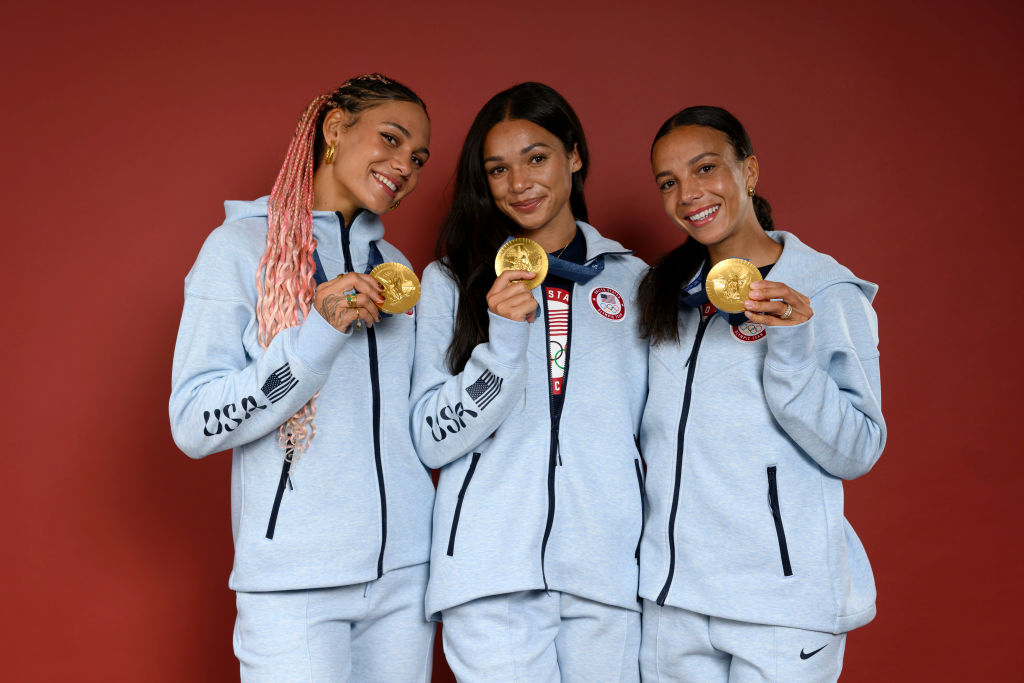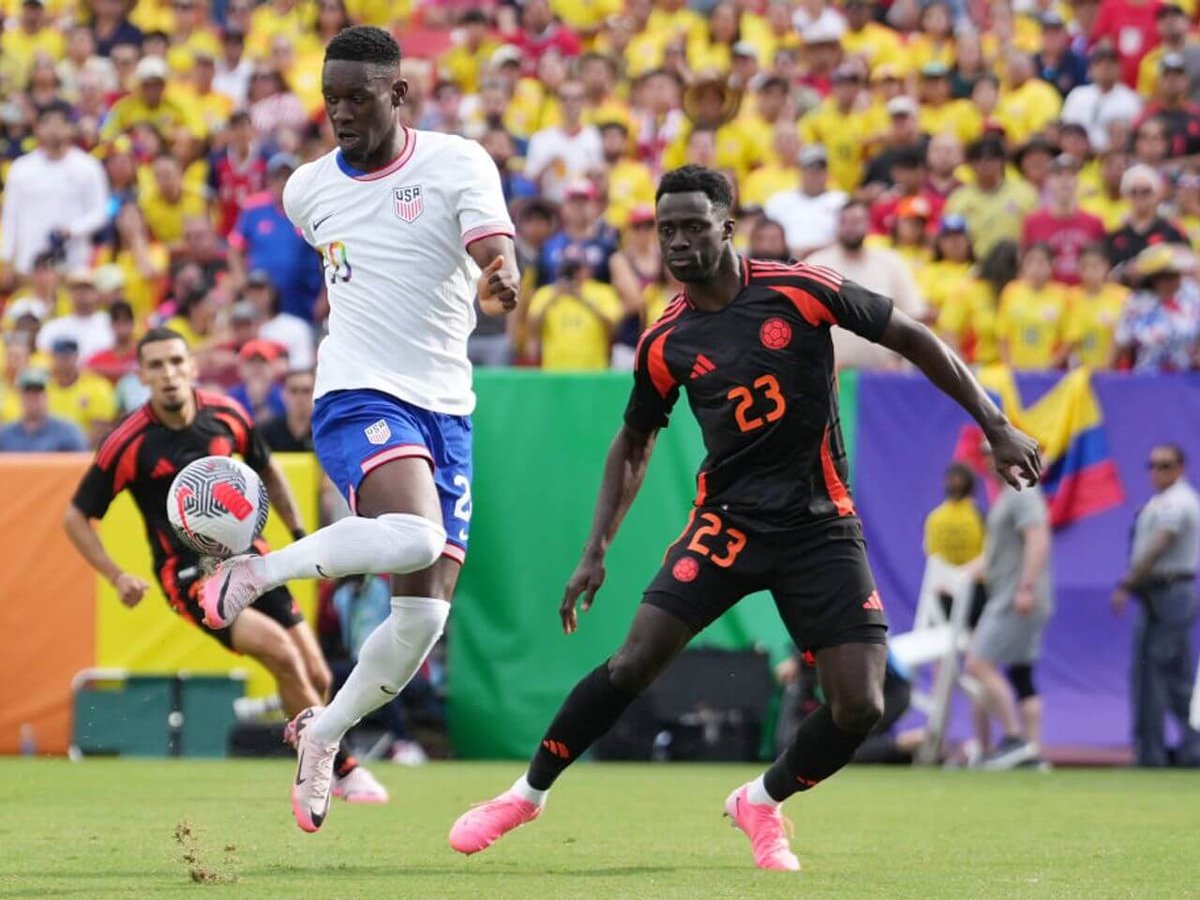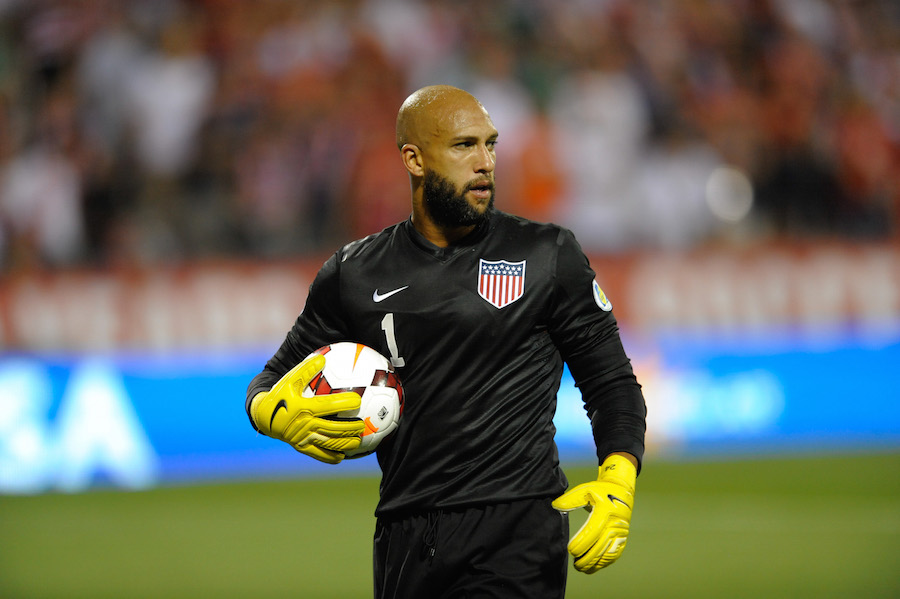Leveling the Playing Field: Transforming Harlem’s Soccer Future
While soccer—or football to the rest of the world—is often called the “beautiful game,” its beauty has yet to fully reflect the rich tapestry of this country. Now, the game becomes even more beautiful with Harlem’s own FC Harlem—a youth football club in NYC—joining the newest competition tier of MLS NEXT. This gives FC Harlem the opportunity to participate in the United States’ elite youth soccer development pathway-to-pro system.
To those outside of soccer—a vast number we’re working to decrease— this may not seem like a big deal. However, for those of us committed to engaging African American communities in the world’s biggest sport, this is a game-changing moment.
Before this announcement, there were very few urban clubs in America’s elite development system focused on serving Black and Brown youth players. Unlike suburban and pay-to-play clubs, urban grassroots programs like FC Harlem are rare. This is why FC Harlem’s participation in MLS Next is so significant—not just for Harlem, but for other urban communities that have long been overlooked. These clubs often lack the funding and resources that more traditional clubs receive, and they don’t always carry the same prestige as clubs where parents can afford to pay thousands of dollars for their kids to participate. This financial barrier often dictates access to better training facilities, licensed coaches, and scouting opportunities—advantages that urban clubs have historically struggled to obtain.
These challenges highlight why increased investment in urban soccer initiatives is crucial. FC Harlem’s elevation to MLS NEXT is bigger than one club—it represents a step toward a more sustainable pathway for talented players from underrepresented communities to reach the highest levels. This milestone for FC Harlem is also a milestone for young players in Harlem who now have a clearer route to professional soccer.
So what does this mean for the future of soccer development in America?
“The most important thing is that a pathway for excellence exists in communities like Harlem, where traditionally—in sports like soccer—it requires kids to leave their community,” said Irv Smalls, the Executive Director of FC Harlem. “Through our participation in MLS Next, we hope to develop the elusive, creative American player that I believe lives in communities like Harlem. Youth from inner cities are accustomed to making things happen with less, and using it to their advantage. This is a platform that, when these players are developed, the world will see.”
Smalls believes this is the key to getting more of our kids to the top. He breaks down the two models of American soccer: the free-to-minimal-cost model in urban communities and the pay-to-play system dominating the suburbs. This divide forces underrepresented families to take alternative routes to the same goal—college scholarships, professional contracts, or careers in the sport. Recognizing FC Harlem’s brand power, Smalls aims to leverage it to create real opportunities for urban youth while pioneering an innovative approach to elite development.
“If pay-to-play represents an entire luxury hotel, clubs like FC Harlem just need a room in the hotel,” said Smalls.
Since its founding in 2005, FC Harlem has long been a beacon for youth development and community empowerment. This next step in its journey comes at a pivotal moment. As the world prepares to descend on the U.S. for the 2026 FIFA World Cup—the largest edition of the tournament yet, with 48 nations competing across 11 cities—there should be an urgency to engage the African American community.
As soccer fever builds in the U.S., so does the need to engage communities beyond the traditional market. To reach its full potential in the world’s most diverse country, soccer must not only connect with existing fans in communities of color but also draw in broader sports fans who have yet to see themselves reflected in the game’s infrastructure, as well as those unaware the game has left them out.
Yes, the beautiful game is evolving in America—especially during this time just ahead of the 2026 World Cup—but for it to truly reflect this country’s rich multitude of cultures, there must be greater investment, expanded access, and recognition for the talent that has long been overlooked.
FC Harlem’s entry into MLS NEXT is proof that the system can change—but will it change fast enough?
Naomi Girma’s $1.1M Transfer to Chelsea FC: A Milestone in the Business of Women’s Soccer
Naomi Girma’s historic $1.1 million transfer from San Diego Wave to Chelsea FC is more than just a testament to her talent—it’s a landmark moment in the business of women’s soccer. This record-breaking move underscores the increasing commercial viability of the women’s game and highlights the evolving economic landscape of the sport.
Girma’s transfer fee sets a new benchmark, reflecting the growing financial investment in women’s soccer. With increased viewership, sponsorship deals, and media coverage, clubs are recognizing the market potential and strategic value of top-tier players.
Naomi’s Ethiopian heritage and advocacy for diversity further enhance her market appeal, making her an ideal candidate for endorsement opportunities and partnerships. As women’s soccer continues to grow, players like Girma are becoming key figures in global marketing strategies, and her transfer serves as a case study in how women’s soccer is evolving financially.
As Naomi Girma embarks on this new chapter with Chelsea FC, her transfer not only signifies a personal milestone but also represents a broader shift in the business of women’s soccer—one where talent, commercial appeal, and financial strategy are increasingly intertwined.
The End
Brazil’s Marta Receives the Inaugural FIFA Marta Award—Named in Her Honor
FIFA VIA GETTY IMAGES
Marta’s accolades didn’t stop with an NWSL Title. In recognition of her unparalleled contributions to the sport, Marta received the inaugural FIFA Marta Award—named in her honor. This prestigious award celebrates players who embody excellence, longevity, and impact on women’s soccer, a legacy that Marta has built over two decades.
From her Olympic battles to her club triumphs, Marta’s 2024 season is a testament to her enduring brilliance and the inspiration she continues to provide for generations of players worldwide.
Marta Caps a Historic Year with Her First NWSL Championship and a Groundbreaking FIFA Award
Photo Credit: Orlando Pride
The U.S. Women’s National Team (USWNT) may have bested Marta’s Brazil National Team in the 2024 Paris Olympics, but just a few months later, soccer legend Marta Vieira da Silva achieved a career milestone that will echo through the ages. On November 23rd, Marta, a six-time Olympian and one of the most celebrated players in the history of the game, clinched her first-ever National Women’s Soccer League (NWSL) Championship with the Orlando Pride. The team secured a hard-fought 1-0 victory over the Washington Spirit, a crowning moment in Marta’s illustrious career.
Adding to the Pride’s success, forward Barbara Banda earned the Championship Game MVP award for her decisive performance. Marta’s leadership and skill were instrumental in guiding Orlando to their first league title, solidifying their place in NWSL history.
The End
HBCU Howard University Women’s Soccer Team Wins Its First Northeast Conference (NEC) Conference Title
Photo Credit: Howard University
The HU Bisons defeated 3rd seeded Fairleigh Dickinson University 2-1 to clinch the 2024 NEC Championship Title. The lady Bisons had additional reasons to celebrate as team members earned five of the six NEC’s 2024 Women’s Soccer Awards: Defensive Player of the Year junior Rachel Suttle; Midfielder of the Year sophomore Samantha James; Goalkeeper of the Year sophomore Trinity Knox; Rookie of the Year freshman Gabriella Garcia-Terrell; and the NEC Tournament’s Most Valuable Player was senior striker Melea Earley. The Coach of the Year honors went to HU Coach Brent Leiba.
We hope that this title and stories highlighting teams like HU can raise the profile of HU’s athletic programs as well as underrepresented HBCU athletic programs as a whole.
HBCU Southern University Women’s Soccer Team Claims Its First SWAC Championship Title
Photo Credit: SWAC
The Southern University Jaguars defeated Texas Southern 1-0 to claim the 2024 SWAC Tournament Championship Title. The Jaguars’ winning goal was put in the back of the net by Taylor Henry from an assist from Midfielder Alyssa Romero who also took home the Tournament MVP honors.
The Southwestern Athletic Conference (SWAC) is considered one of the premier HBCU conferences in the country and currently ranks among the elite in the nation in terms of HBCU alumni playing with professional sports teams.
The Legacy Lives On: Howard University’s 1974 Soccer Champions Honored 50 Years Later
Photo Credit: USS
In November 2024, Howard University celebrated a golden milestone in its rich history—a weekend honoring the 1974 men’s soccer team, the first Historically Black College/University (HBCU) to win an NCAA Div I national championship. Fifty years ago, this extraordinary team shattered expectations and left an indelible mark on both soccer and the broader narrative of Black excellence in sports.
The festivities culminated on November 3rd with an elegant banquet at Howard’s Blackburn Center, where the remaining team members and their iconic coach, Lincoln Phillips, gathered to reminisce and be inducted into the Howard University Athletics Hall of Fame. The banquet’s theme—“Truth crushed to earth shall rise again,” a hallmark quote of Coach Phillips—set the tone for a celebration that was equal parts reflection, triumph, and gratitude.
A Season for the Ages
The 1974 Howard men’s soccer team wasn’t just good—they were unstoppable. With an undefeated 19-0 record, they demolished opponents, including an unforgettable game where they scored 16 goals. Their dominance on the field was unmatched, winning by as many as 8 goals in matches. The team remains the only NCAA men’s soccer champions to achieve perfection with an unblemished season.
But their triumphs weren’t just about skill and strategy; they were about resilience. This championship came two years after their controversial 1971 title was vacated due to NCAA infractions many saw as unjust and steeped in bias. Their 1974 season was more than a comeback; it was a statement.
Coach Phillips: A Visionary Beyond the Game
Coach Lincoln Phillips wasn’t just a tactician—he was a trailblazer. Speaking at the event, he reflected on the team’s impact: “We were a catalyst for the Black community in the ’70s to gain awareness of soccer, especially here in D.C.”
Phillips’ influence extended beyond the Howard campus. He brought soccer into the heart of the community, creating clinics in Washington, D.C., that introduced the sport to countless young people. His efforts planted the seeds for a growing connection between African Americans and soccer, a bond still evident today.
A Star-Studded Celebration
The banquet was as illustrious as the team it celebrated. Emceed by former boxing promoter and Howard alumnus Rock Newman, the evening featured reflections, tributes, and camaraderie. The keynote speaker, Shaka Hislop—another Howard grad, former EPL goalkeeper, and current sportscaster—offered heartfelt words about the legacy of the 1974 team and its importance in the broader tapestry of sports history.
The weekend wasn’t just about the past; it was a bridge to the future. With their induction into the Hall of Fame, the 1974 team’s legacy has been etched into Howard’s history forever.
A Legacy That Rises Again
For the Black community, the team’s victory in 1974 symbolized much more than a trophy. It represented perseverance, excellence, and the ability to rise above adversity. As Coach Phillips’ favorite quote reminds us, “Truth crushed to earth shall rise again.” Fifty years later, this truth still echoes—not just on the campus of Howard University but in every corner of the soccer world where their story continues to inspire.
The End
USWNT Wins Gold at 2024 Paris Olympics Powered By the “Triple Expresso” Frontline
Photo Credit: Kristy Sparow/Getty Images
The United States Women’s National Team (USWNT) continued their reign of dominance in international soccer, securing the gold medal at the 2024 Paris Olympics in a 1-0 win over Brazil. A pivotal force behind this triumph was the formidable trio known as the “Triple Espresso”: Trinity Rodman, Sophia Smith, and Mallory Swanson. Their electrifying pace, skillful playmaking, and clinical finishing were instrumental in breaking down defenses and creating scoring opportunities. The Triple Espresso’s impact on the tournament was undeniable, as they consistently delivered game-changing performances, with the trio scoring or assisting on 11 of the 12 U.S. goals. As the USWNT looks to the future, this talented trio is poised to lead the way for years to come.
Opinion Piece: A Missed Opportunity for U.S. Soccer in the USMNT vs. Colombia Match
Photo Credit: Getty Images
Last summer’s Copa America tournament hosted in the United States for the first time was a grand spectacle, showcasing some of the finest soccer talent from across the Americas. Yet, amidst the thrilling matches and vibrant fan celebrations, a significant opportunity was overlooked. The US Men’s National Team’s (USMNT) performance, which was kicked off with a humbling Friendly match 1-5 loss to Colombia at FedEx Field in Prince George’s County in Landover, Maryland, was not just a low point on the field but also a broader failure in engaging the American sports fan and the untapped soccer enthusiasts across the nation.
A Tale of Two Fanbases
From the onset, it was clear that the majority of the fans were there to support Colombia. The stadium, a sea of yellow, blue, and red, pulsated with the energy and passion of Colombian supporters. Their fervor and enthusiasm created an electrifying atmosphere, underscoring the deep love for soccer within the Colombian community.
In stark contrast, the representation for the USMNT was noticeably sparse. The lack of a strong American fan presence, particularly from the African American community, was glaring. This absence was not just a missed chance for support but a missed opportunity for US Soccer to connect with and engage a crucial demographic that remains underrepresented in the sport’s fanbase.
The Diversity Disconnect
Soccer in the United States has long struggled with inclusivity and diversity, both on the field and in the stands. The USMNT roster for this match featured a number of talented Black players, showcasing the diversity within the team. Yet, the lack of African American fans in attendance highlighted a significant disconnect.
Prince George’s County, known for its substantial African American population, could have been a fertile ground for fostering greater community involvement in soccer. The sport has immense potential to bridge gaps and unite diverse groups, but this potential remains untapped when efforts to engage key demographics are insufficient.
Missed Engagement Opportunities
US Soccer’s marketing and outreach efforts need a critical reevaluation. The organization has the resources and platforms to build bridges with communities that have historically been sidelined in the soccer landscape. Events like this match should be leveraged as strategic opportunities to reach out to African American communities, promoting the sport and encouraging participation at all levels.
The lopsided result of the game was disappointing, but the real loss was the missed opportunity to foster a more inclusive and representative soccer culture in the United States. As the sport continues to grow in popularity, it is imperative for US Soccer to prioritize diversity and inclusivity in its outreach efforts.
By actively engaging with African American communities, US Soccer can cultivate a broader and more passionate fanbase, enriching the sport with a diversity of voices and experiences. This engagement is not just beneficial for the sport’s growth but is essential for its future in a multicultural nation.
In conclusion, the USMNT vs. Colombia match should serve as a wake-up call. The energy and passion of the Colombian supporters were commendable, but the absence of a significant African American presence was a stark reminder of the work that still needs to be done. US Soccer must seize future opportunities to bridge these gaps, ensuring that the beautiful game is truly for everyone.
The End
Tim Howard Inducted into the 2024 National Soccer Hall of Fame
The current record holder for the most saves in a World Cup match, is now a member of the 2024 Soccer Hall of Fame Class. Tim Howard is one of the greatest goalkeepers in U.S. soccer history. His extraordinary career, marked by incredible saves, leadership, and unwavering dedication, has left an indelible mark on the sport. From his early days in MLS to his iconic performances in the Premier League and on the international stage, Howard has consistently raised the bar for goalkeeping excellence. His record-breaking 16 saves against Belgium in the 2014 Brazil World Cup will forever be etched in the annals of soccer history. For more read Traci Reavis’ Afro Article

